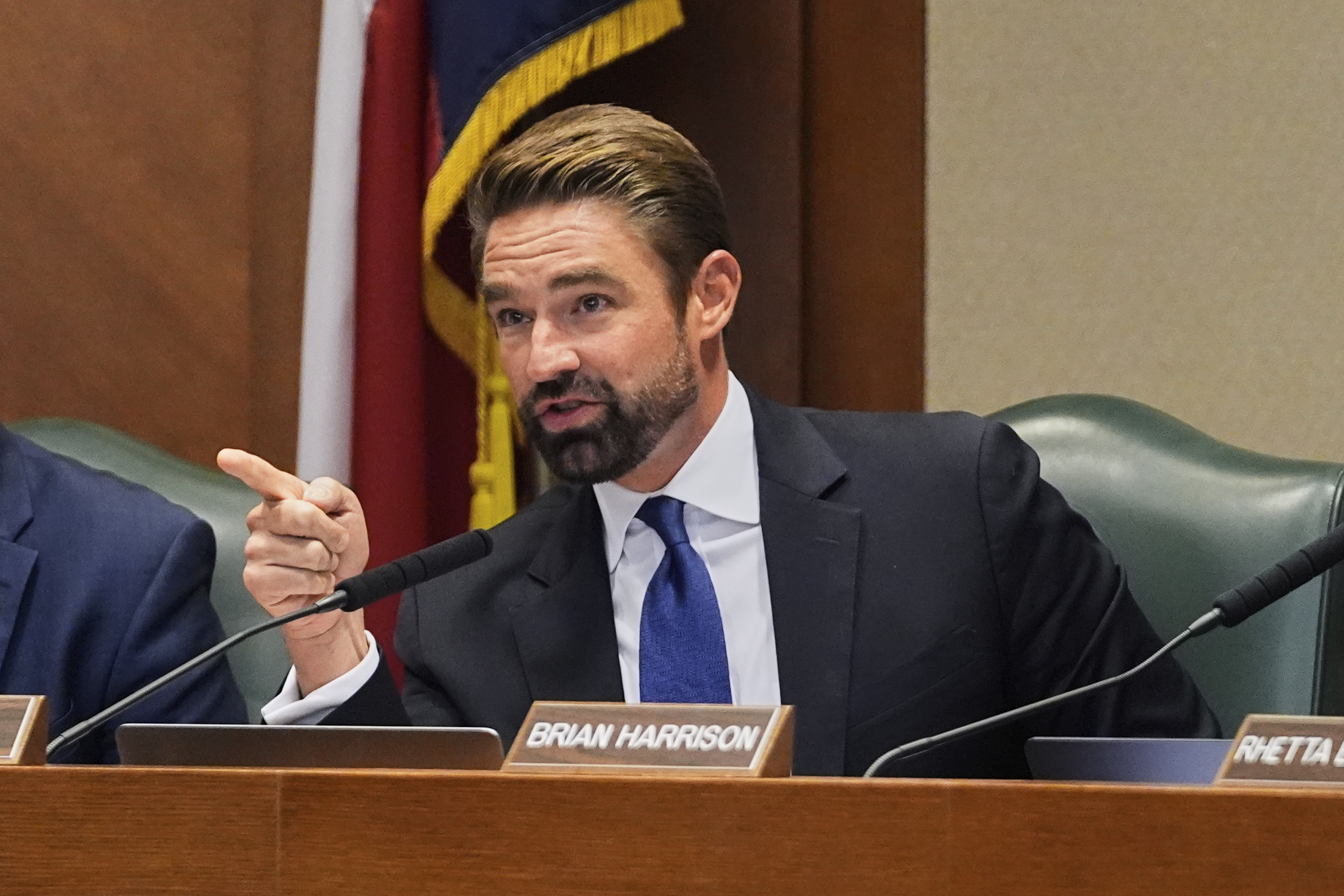Texas state judges will get a long-overdue pay raise after members of the House and Senate voted to risk the political fallout that could come because judicial salaries are linked by law to legislative pensions.
Rep. Jeff Leach, R-Plano, said the 25 percent hike will bring the base salary of state district court judges, who handle the great majority of civil and criminal jury trials, to $175,000. The increase is the first since 2013 and will move Texas judges from being 49th in judicial pay to 20th or 23rd, Leach said.
State appellate court justices also would receive a raise, as their pay is tied to the base salary of a district judge. The state base salary of a justice of an intermediate court of appeals is 110 percent higher and for the Supreme Court and the Court of Criminal Appeals is 120 percent higher.
Both district court judges and appellate judges receive higher state pay with longevity and are eligible for county supplements.
Despite the 25 percent pay hike, judicial compensation woefully trails practicing lawyers, whose salaries start at $230,000 for first-year attorneys right out of law school to several million dollars for seasoned law firm partners.
As part of an 11th-hour compromise Monday between the two chambers, legislative pensions will be essentially delinked from judicial salaries beginning in 2030. At that point, Leach said, the Texas Ethics Commission will review state elected officials’ salaries from all three branches of government in determining any legislative pension increases.
“This balances concerns of both chambers while achieving our top objective and that’s supporting the integrity of our judiciary and getting something done on this issue this session,” Leach said.

The bill now goes to Gov. Greg Abbott, who has until June 22 to sign or veto bills.
The acceptance of the compromise language was the last action on a bill before the 89th Legislature adjourned sine die. It came after Texas Supreme Court Chief Justice Jimmy Blacklock sent a last-minute “Urgent Memo” email on Saturday to lawmakers, begging them to hike judicial compensation.

Rep. Brent Money, R-Greenville, a member of the conference committee that negotiated the issue, said judicial pay and legislative pensions have been linked for more than half a century.
“And it makes sense why. We are co-equal branches of government and legislative salaries are too low to base any sort of pension payments on it,” he said, referring to the $600 monthly salary that members earn.
“Unfortunately, primary opponents and political action committees have made voting for judicial pay raises politically toxic, and that is wrong,” Money said. “We cannot continue to recruit lawyers to become judges or retain judges without giving them a substantial pay raise.”
He then pointed to a large painting of Sam Houston over the House dais and quoted the Texas revolutionary hero: “Do right and risk the consequences.”
“Let’s break this stalemate, support our judiciary and face the consequences together,” Money said as some in the House chamber applauded.
Leach was the lead negotiator in the House with Sen. Joan Huffman, a Houston Republican and author of Senate Bill 293, leading the Senate team. The Senate had approved a 15 percent pay increase but reportedly opposed an immediate de-linking of judges’ pay and lawmakers’ pensions.
“This is an essential step towards maintaining a strong and qualified judiciary here in the state of Texas,” Leach said.
The House vote was 114-26 and the Senate vote was 31-0.
According to the fiscal note on SB 293, the increase for district judges would cost state coffers about $20 million each fiscal year and about $4.6 million for appellate jurists. Some district attorneys and prosecutors also would see higher pay.
